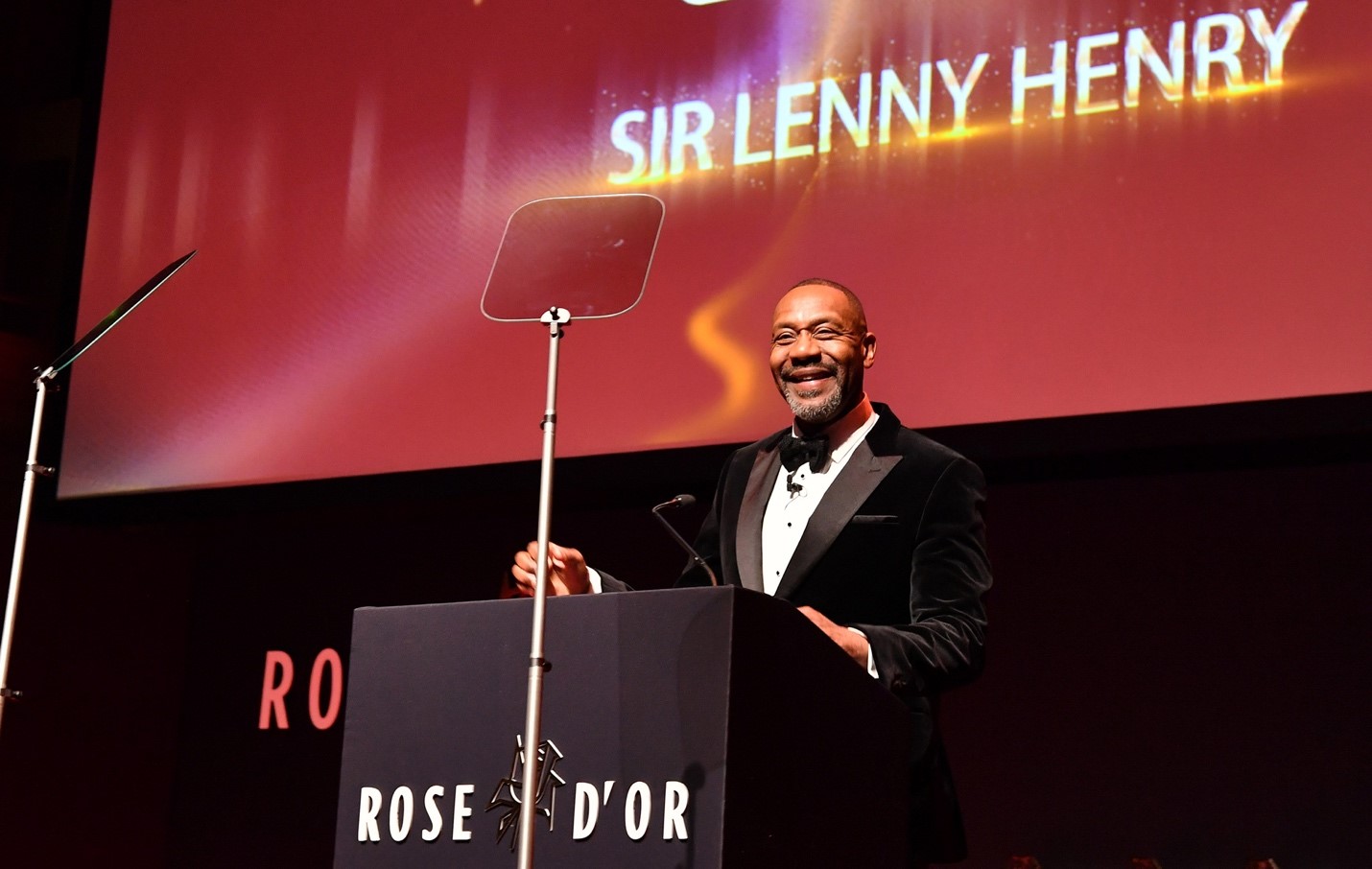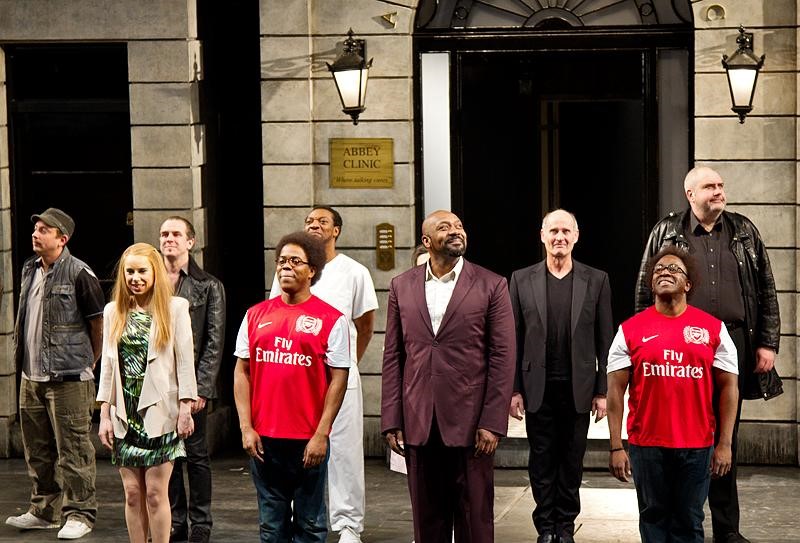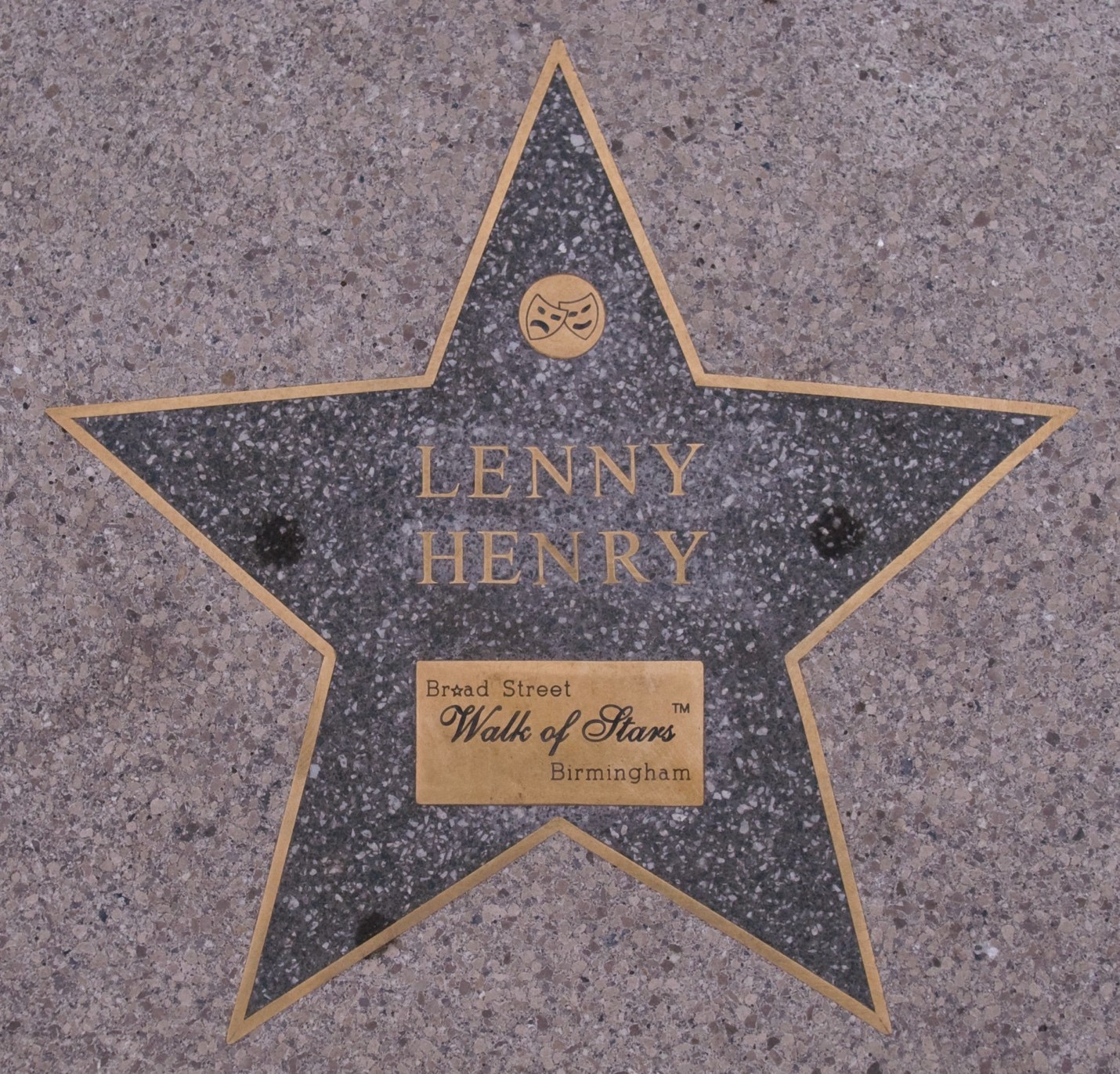Comedy icon Sir Lenworth (Lenny) Henry CBE’s personal bio speaks of his views on activism and his goals for society. His lifelong career and astounding success in comedy, acting, and more has had him dealing with issues of race both personally and on stage.
Aiming to achieve more than diversity, he describes his lifelong campaigns and activism work as seeking inclusion and representation—to have himself and others in BAME communities see a reflection of themselves in the people at the top of society.
Recognising the challenges of these goals, he says “there has been progress, but at times it feels like three steps forward, two and a half steps back.” Achieving the goals that he holds close to his heart would mean empowerment:
“The only way forward…is if the Establishment goes out of its way to empower those black lives and all those other minorities…Empower us and we will show you what true diversity is. True diversity is diversity of colour, diversity of experience, diversity of being…And when you get all those people at the table, there will be arguments, there will be banging of the table with fists, there will be walkouts, but oh my God, the brilliance that will come out of those conversations will blow you away.”
Comedy and Tragedy
Lenny Henry aspired to be a comic since childhood. The job came naturally to him—as a student he was known amongst his peers forcutting impressions of teachers and developing characters to make his classmates laugh. Being a class clown wound him up in the head teacher’s office time and again, but it also landed him on stage and performing in men’s clubs in his hometown of Dudley, England frequently doing impressions of white characters.
Born in 1958 in Dudley, Henry was the fifth of seven children born to parents who immigrated from Jamaica, and the first UK-born child in the family. His 2019 autobiography Who Am I, Again? described his upbringing in a place full of toxic and racist elements, and he told The Guardian that one would typically predict that growing up in this setting “would be an obstacle to my progress in life. But, actually, I think those things are part of what makes us stronger.”
His autobiography details how he would utilise comedy in hostile situations, or to fend off bullies, and to manage the feelings he had in his relationship with his mum—one that often resulted in Henry being the recipient of beatings.
He told The Guardian: “My story is an immigrant story. My story is of people moving from one country thousands of miles away to another and forming new links, new family and new relationships. And that’s just what it is. It’s not illicit, it’s not salacious in any way. It’s a life thing.”
Henry’s distinct talent took him out of Dudley and onto the stage of New Faces—a British talent show from the 1970s and ‘80s. Performing his impressions of celebrities like Stevie Wonder, Muhammad Ali, and Frank Spencer on stage, Henry won the show at age 16 and launched his career in comedy and acting.
 Photo credit: TaylorHerring CC BY-NC-ND 2.0
Photo credit: TaylorHerring CC BY-NC-ND 2.0
On stage: Reaching New Heights
Working under his first manager, Robert Luff in 1975, Henry was signed as a comedian for the stage-touring version of The Black and White Minstrel Show. It was based off of the BBC program that ran for 20 years and was eventually cancelled due to its outright racist themes, portrayals, and storylines. Now considered a national embarrassment, Henry claims that his time working for that show helped to lead him into a depression. In retrospect, he wishes his family had intervened in him acquiring the contract. In regards to the adults who put him into this role, he told The Guardian, “I do know this: if it’s me, and I’m that person’s parent or guardian, I’m not going to let them be in a minstrel show.”
Following that, Henry’s television career blossomed, and he appeared on The Fosters, Celebrity Squares, Seaside Special, and children’s TV shows such as Tiswas, Blankety Blank, Crackerjack, Three of a Kind, The Ronnie Corbet Show, and finally The Lenny Henry Show.
Teaming up with comedy collective The Comic Strip, Henry met his soon-to-be wife Dawn French (they subsequently divorced in 2010)—the person who would encourage him to transition over to the alternative comedy scene where he later established a career as a standup and character comedian. Developing and performing characters that simultaneously celebrated and made fun of Black British culture, he developed his first series The Lenny Henry Show on the BBC in 1984 featuring sequences of spoofs.
His talents took him to stage acting and making Othello in a West End theater production, he won the London Evening standard Milton Shuman Award for Outstanding Newcomer. He then acted as part of an all-black cast in Fences, a stage production written by August Wilson. He starred in another play by Wilson, King Hedley II, which was essentially about the Black Lives Matter movement before it had such a name, according to Henry, as it was all about the poverty of Black lives in the ghetto and what people have to do to survive.
 Photo credit: Chris Beckett CC BY-NC-ND 2.0
Photo credit: Chris Beckett CC BY-NC-ND 2.0
Lenny’s Legacy
In 1985 Henry co-founded the charity Comic Relief, the famed founders of Red Nose Day. The first such day was celebrated in 1988 and saw participation from over 150 celebrities and 30 million viewers, raising over £15 million.
Comic Relief seeks to end injustice by addressing racial inequality within the UK and beyond. Consistently fighting for equality and battling the injustices of racism both on stage, and through charity work, Henry has made extraordinary contributions to culture and society.
Reflecting on his earlier life and his struggles encountering racism, abuse, and violence, Henry explains:
“I wish my dad or somebody had taught me how to fight and defend myself,” he says. “Because you’re very vulnerable if you can’t stick up for yourself. I wish I’d fought back, and I think that’s now where all the activism comes from. It’s this thing of speaking your mind and not being scared.”
 Photo credit: Wikimedia Commons
Photo credit: Wikimedia Commons
